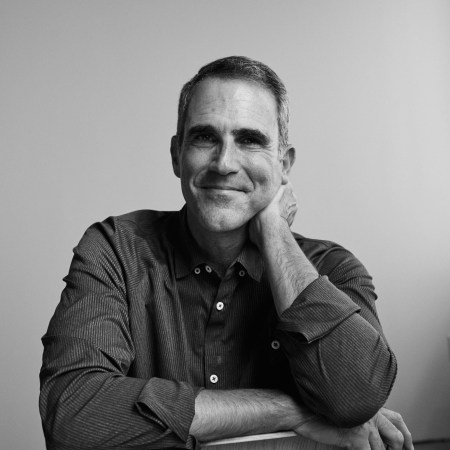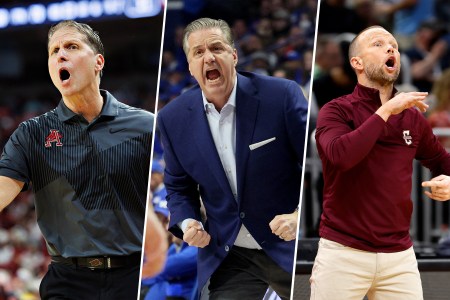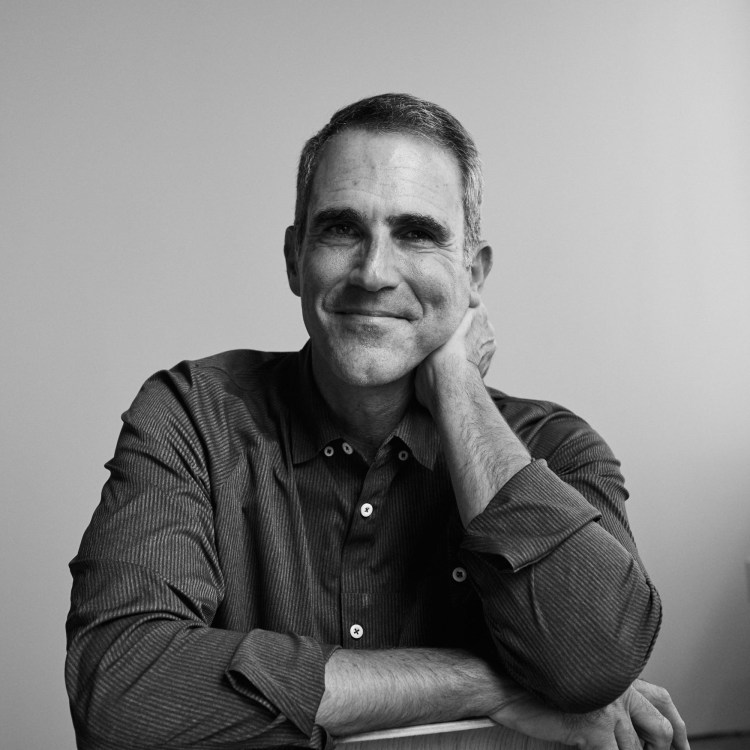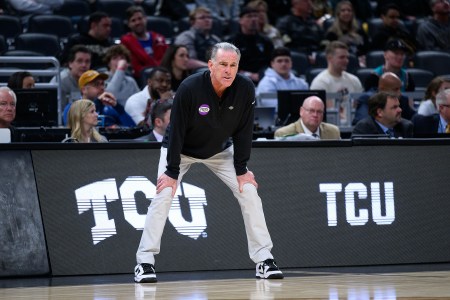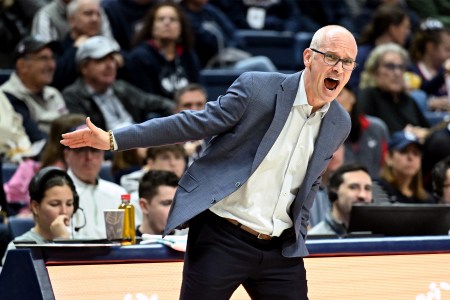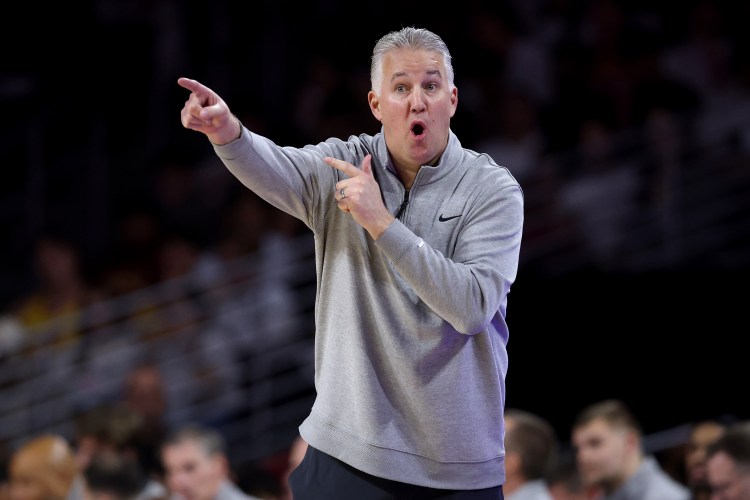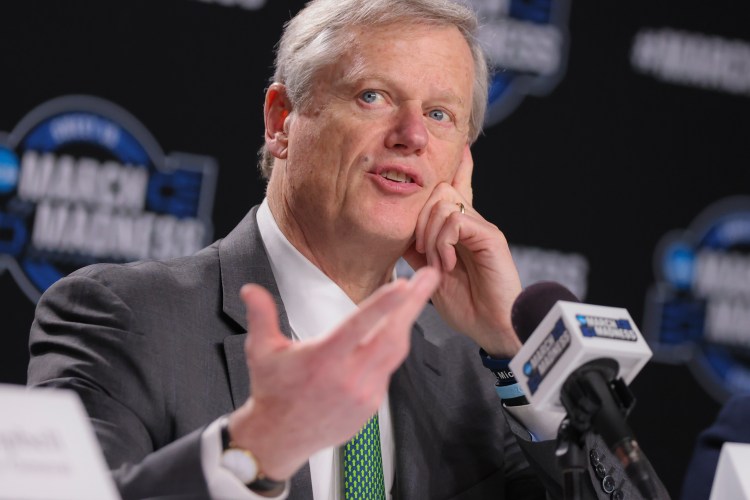Last April in Glendale, Ariz., I was sat down to interview Purdue coach Matt Painter for CBS and Turner’s Final Four coverage. Painter walked into the room, said hello and added, “I read your Rex Chapman book.” He was referring to Rex’s memoir, It’s Hard For Me To Live With Me, which I co-wrote and had been published five weeks before by Simon and Schuster.
I’m always gratified when someone tells me they’ve read one of my books, especially when it’s someone I respect as much as Painter. But mostly, I was surprised. This man was still coaching in the NCAA Tournament. How in the world did he find time to read?
When I asked Painter this question, he replied, “Well, we travel a lot.” This, I knew, was only a partial explanation. Lots of people travel a lot, but not many read as many books as Painter. Then again, not many people coach in the Final Four. That is not a coincidence.
I’m not saying you have to be a voracious reader to be successful, but it definitely makes high-level success more likely. There’s plenty of research to back up that assertion. If you love to do something, you can always find time. Painter loves to read, partly because he loves to win. Those things go hand in hand.
That exchange stayed on my mind all summer, so I finally called Painter last week to pry more deeply into his habits. He told me that he learned to read by combing through the sports pages of his local newspaper. While attending elementary school in Muncie, Indiana, Painter used to raid the library and check out books on sports — primarily his two favorites, basketball and baseball. His passion dovetailed with his budding competitiveness. “You know you have those book contests? I’d win those,” he says. “I was just one of those kids that asked a lot of questions. I was always intrigued.”
“You know you have those book contests? I’d win those. I was just one of those kids that asked a lot of questions. I was always intrigued.”
Painter loved to play basketball and baseball as well, but by the time he got to high school he decided to focus on basketball exclusively. “Just because I was better,” he says. “I wasn’t any good in baseball.” He eventually earned a scholarship to Purdue, where he played for Gene Keady from 1989-93 and started every game his senior year.
As Painter embarked on a coaching career, his reading intensified, although his topical interests remained narrow. “I’m really good when it comes to basketball and baseball trivia,” he said. “Outside of that, I don’t know how it helps me.” Painter remains insatiably curious. He loves to attend clinics and pick the brains of coaches at all levels. Books are a valuable supplement to that thirst for knowledge.
Like many coaches, Painter also likes to read books on business leadership. His favorite in this genre is Trillion Dollar Coach, which recounts the life of Bill Campbell, a former football coach at Columbia who went on to become a renowned executive coach at major companies in Silicon Valley, including Apple and Google. Painter’s favorite football book is The Score Takes Care of Itself by Bill Walsh, and he credits Moneyball, Michael Lewis’ inside look at the Billy Beane-led Oakland A’s, for helping him evolve as a recruiter.
“That book helped me think about how sometimes less is more,” he says. “That’s where we’ve made some strides at Purdue. We can’t beat a lot of the elite schools for those super athletic guys, but it doesn’t mean we can’t beat ’em in games. So we look for guys who can make shots, can make free throws and take care of the basketball. If they have a competitive spirit about them, those are the guys I can get.”
Since our conversation at the Final Four, Painter has knocked off When the Game Was a War by Rich Cohen, a highly entertaining recreation of the Bird-Magic-Jordan-Isiah era of the NBA; Blonde Bomber: A Ride With Shide by Jay Shidler; and memoirs by Thurman Munson, Dave Parker, John Thompson and Pete Carril. He is currently reading Pete Rose’s memoir, My Prison Without Bars. “I don’t like books with a bunch of charts,” he says. “I need a story.”
Jeff Goodman’s Top Coaching Hires for the 2024-25 Season
The coaching carousel was as active as the transfer portal this offseason
If Painter strays beyond his standard fare, it is usually to read something with a personal touch. A recent favorite was Life on the Color Line: The True Story of a White Boy Who Discovered He Was Black by Gregory Howard Williams. The book was recommended to him by UCLA coach Mick Cronin, largely because much of it takes place in Painter’s hometown of Muncie, where the author encountered racism (and was ostracized by the white side of his family) after learning as a young boy that he was biracial.
The fact that Cronin recommended that book to Painter underscores my observation that coaches are more likely to be readers than the general population. I’ve discussed books many times with Cronin myself. Ditto Marquette coach Shaka Smart, who devours not just coaching and motivational books, but also books about history, spirituality and philosophy. Another former Marquette coach, Tom Crean, likes to read about politics, not from an ideological bent, but because he is fascinated by the process of running campaigns and governing, which require deft leadership.
When it comes to a passion for reading, few coaches can match Texas A&M’s Buzz Williams. He reads four books at a time, neatly divided into different genres: biography, leadership, business and spirituality. He finishes each inside a month and tweets out his progress throughout the year.
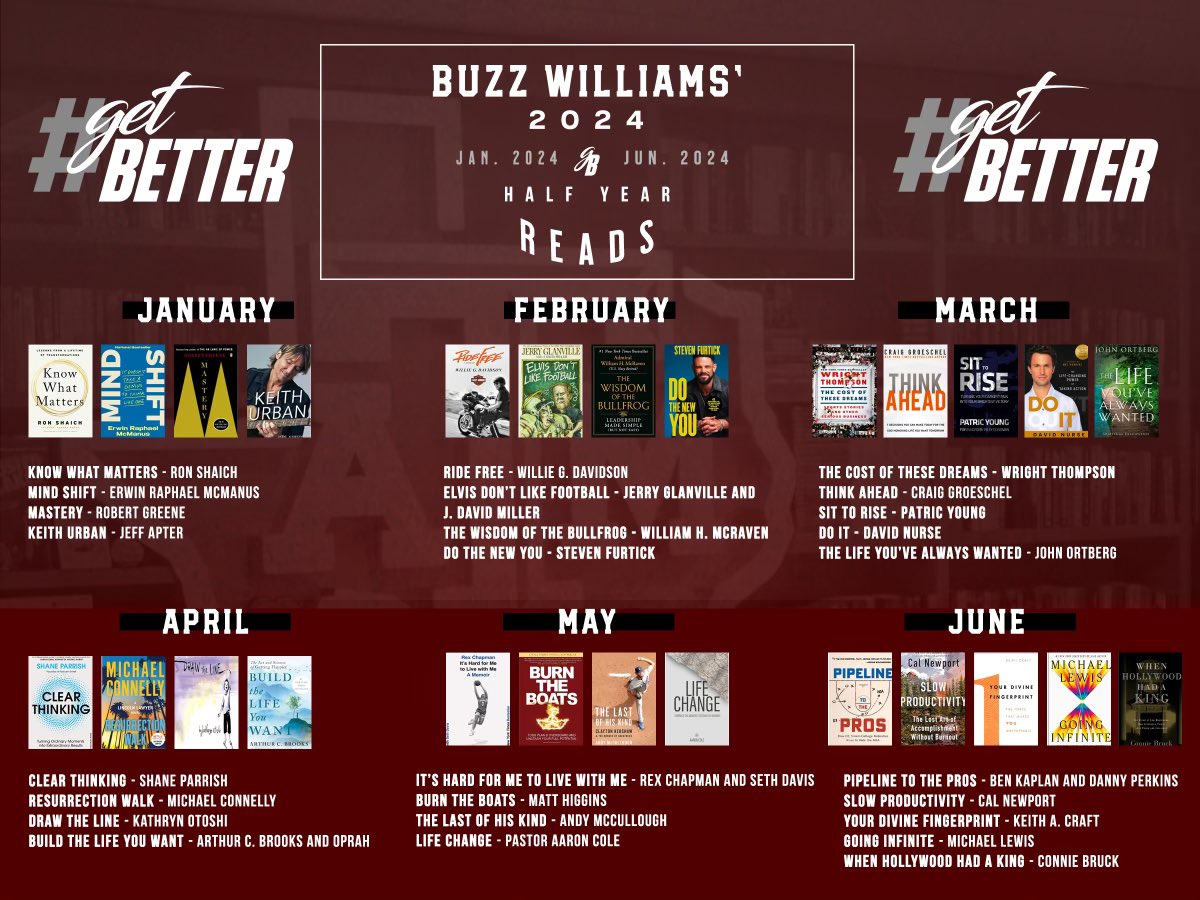
Like all avid readers, Painter has a long list of books he is itching to get to. “I’ve got two stacks in my closet that I keep there because I know I need to get to them,” he says. Among those on deck: Summer of ’49 by David Halberstam (he says “shame on me” for having only recently read The Breaks of the Game, Halberstam’s classic portrait of the Bill Walton-led Portland Trailblazers); a book on the N.C. State team that won the 1974 NCAA championship; a book by Purdue professor Randy Roberts on the relationship between Muhammad Ali and Malcolm X; and a slew of books about or by John Stockton, George Gervin, Ty Cobb, Satchel Paige and former Purdue basketball coach Lee Rose.
Painter doesn’t usually give books to his players the way Phil Jackson used to do each season. There have only been two he has assigned to them so they could read as a team: Toughness by Jay Bilas and White Rage by Carol Anderson.
Painter never carries a laptop with him when he travels. He prefers to kick it old-school and read physical books. “I don’t think people from Muncie are allowed to have Kindles,” he quips. When he’s looking to relax at home, Painter watches TV. And what does he like to watch? You guessed it: sports documentaries. A recent favorite was Facing Nolan about Nolan Ryan.
Like most coaches I’ve talked to, Painter reads exclusively non-fiction. I think this is a mistake. Empathy is a critical element in leadership, and novels are a great way to develop empathy because they force the reader to inhabit the life of someone. Novels also provide an escape from the pressures of the job and life in general.
I told Painter this and suggested he should read To Kill A Mockingbird, which is arguably the greatest novel ever written. He said he might give it a try. He added that he has one novel on the get-to shelf in his office. That book is Sooley by John Grisham, a novel about … wait for it … a basketball player.
Hey, it’s a start.
